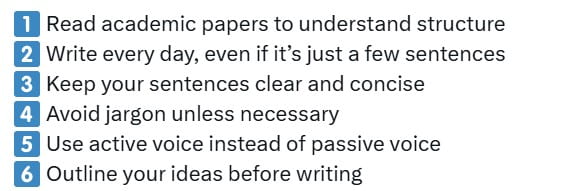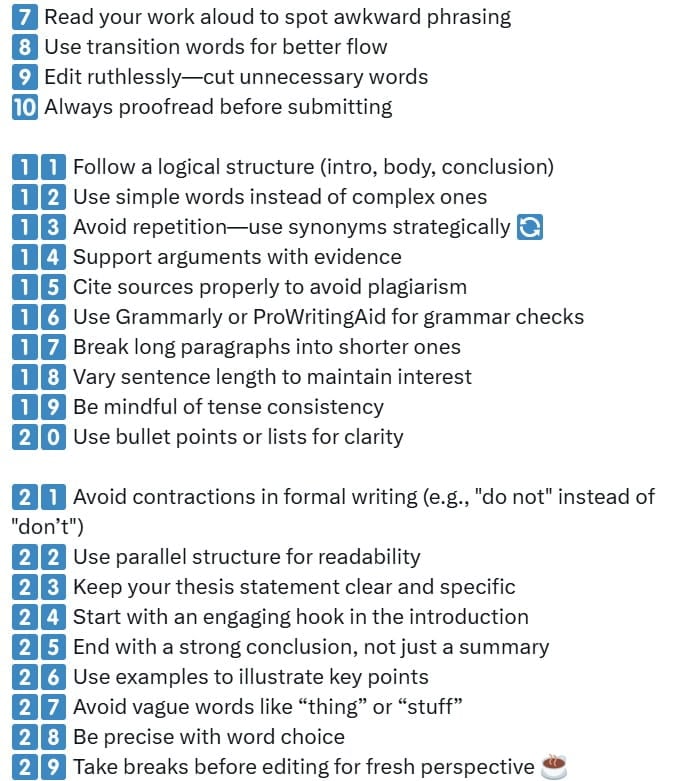Weekend Ed. Quote ~ March 28
This weekend’s Ed. Quote is a vintage salute to the scholar, Dr. Roy Pea
“Computers are commonly believed to change how effectively we do tradtitional tasks, ampllifying our extending our capabilities, with the assumption that these tasks stay fundamentally the same.” ~Dr. Roy Pea (1985, p. 168).
Image Caption: Dr. Pea’s quote rendered as two Images generated by Gemini and Imagen.
References
Pea, R. D. (1985). Beyond amplification: Using the computer to reorganize mental functioning. Educational Psychologist, 20(4), 167-182.
#GCUTEC544 #GCUTEC595 #GCUTEC516 #GCUTEC521
#CUNE604, #CUNE605










